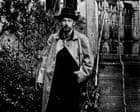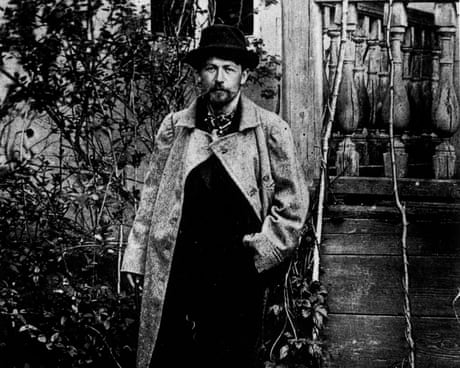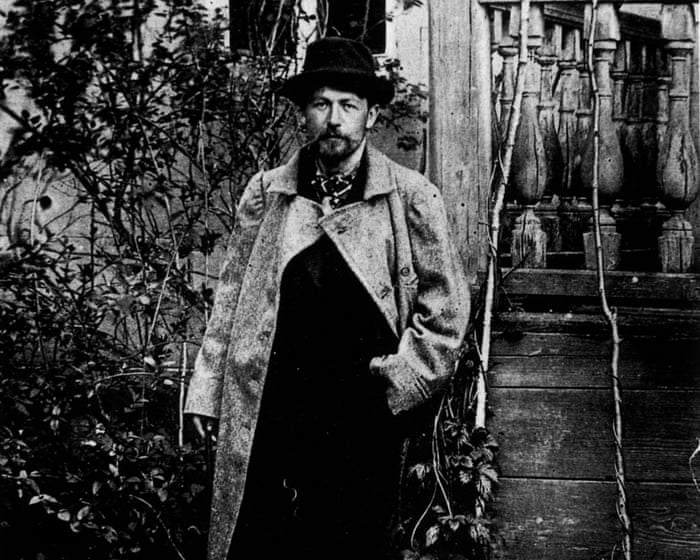‘He was just trying to earn a few kopecks’: how newly translated stories reveal Chekhov’s silly side
With daft jokes and experimental wordplay, the first comprehensive translations of his lesser-known stories show Anton Chekhov in a new light
Few writers are as universally admired as Chekhov. As Booker winner George Saunders puts it, “Chekhov – shall I be blunt? – is the greatest short story writer who ever lived.” Novelists from Ann Patchett to Zadie Smith cite him as an inspiration. His plays The Seagull, Three Sisters, Uncle Vanya and The Cherry Orchard still pack out theatres internationally. In the past year alone, Andrew Scott wowed audiences in his one-man Vanya for London’s National Theatre and Cate Blanchett took on the role of Arkadina in The Seagull at the Barbican. But how much did you know about his silly side?
Anton Chekhov: Earliest Stories offers the first comprehensive translation in English of the stories, novellas and humoresques that the Russian author wrote in the early 1880s. And it is supremely juvenile in the best way. The reason many of these stories are now appearing in translation for the first time is because, explains editor Rosamund Bartlett, they have never been regarded by commercial publishers as “worthy” of Chekhov’s reputation. They are too childishly comical. During the translation process, she says, “we would just collapse in fits of giggles”.
Continue reading...
© Photograph: Mondadori Portfolio/Mondadori/Getty Images

© Photograph: Mondadori Portfolio/Mondadori/Getty Images

© Photograph: Mondadori Portfolio/Mondadori/Getty Images